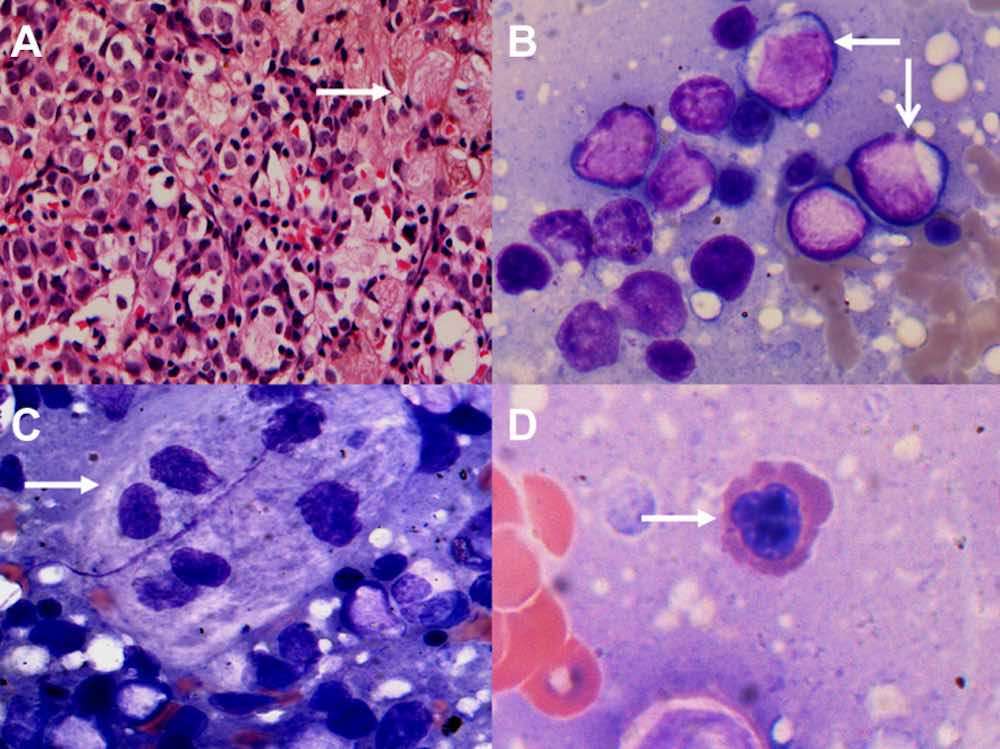For the first time ever, a human patient with sickle cell disease has been treated with genetically-modified cells that have been edited by CRISPR technology—and new data says that the experimental treatment is working.
Up until now, the genetic blood disorder has been incurable. Sickle cell patients such as Victoria Gray—the patient who underwent the treatment in mid-2019—experience frequent bouts of physical pain and are often forced to get blood transfusions in order to ensure that their body has enough healthy red blood cells to carry oxygen throughout their body.
Since Gray was treated with a CTX001 infusion of edited cells, however, the 34-year-old is already experiencing noticeable health improvements. Not only have clinical followups shown that the treatment is safe, but it has also dramatically reduced the amount of pain Gray experienced as a result of the disease.
"It's a miracle," Gray told NPR. "When you pray for something for so long, all you can have is hope. It's amazing."
Dr. Haydar Frangoul of the Sarah Cannon Research Institute in Nashville, Tennessee, who is treating one of the the patients, also told the news outlet: "We are very, very excited. This preliminary data shows for the first time that gene editing has actually helped a patient with sickle cell disease. This is definitely a huge deal."
Additionally, the developers of the treatment—CRISPR Therapeutics and Vertex Pharmaceuticals Incorporated—have successfully used their CTX001 infusion to treat transfusion-dependent beta thalassemia.
The companies are now recruiting additional patients to continue their research on the treatment's efficacy against sickle cell disease, beta thalassemia, and other chronic diseases.
"The data we announced today are remarkable and demonstrate that CTX001 has the potential to be a curative CRISPR/Cas9-based gene-editing therapy for people with sickle cell disease and beta thalassemia," said Dr. Jeffrey Leiden, Chairman, President and CEO of Vertex.
"While the data is exciting, we are still in the early phase of this clinical program. We look forward to continuing to work with physicians, patients, caregivers and families over the coming months and years to bring forward the best possible therapy for these two serious diseases and to continue to accelerate our gene-editing programs for other serious diseases such as Duchenne muscular dystrophy and myotonic dystrophy type 1."
(LISTEN to the NPR report below)
Cure Your Friends Of Negativity By Sharing The Good News To Social Media — Photo by Libertas Academica, CC










Be the first to comment